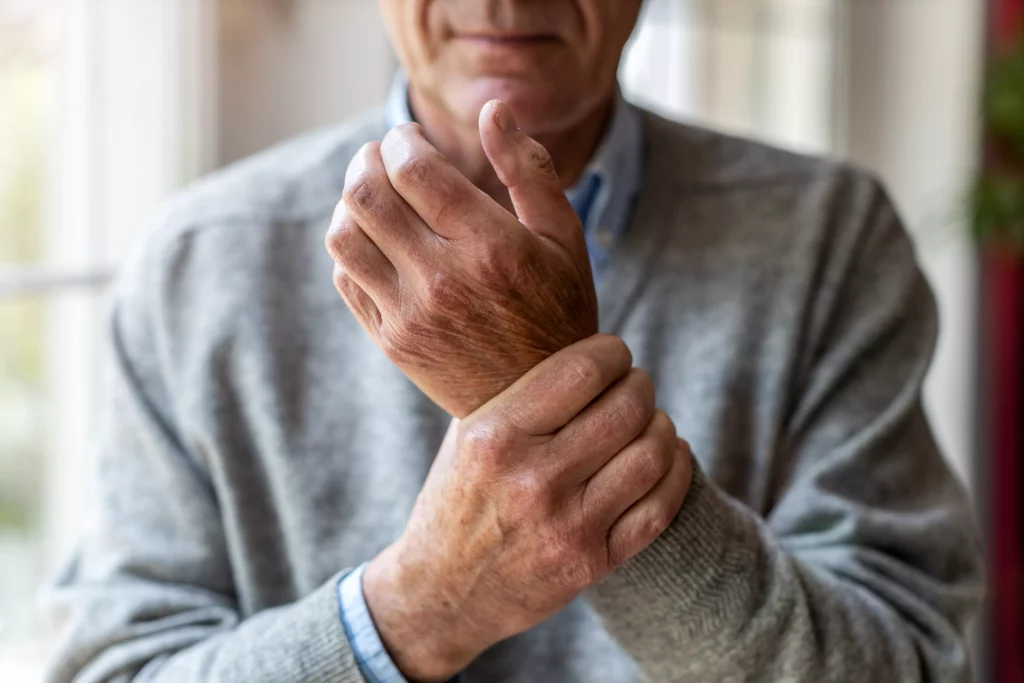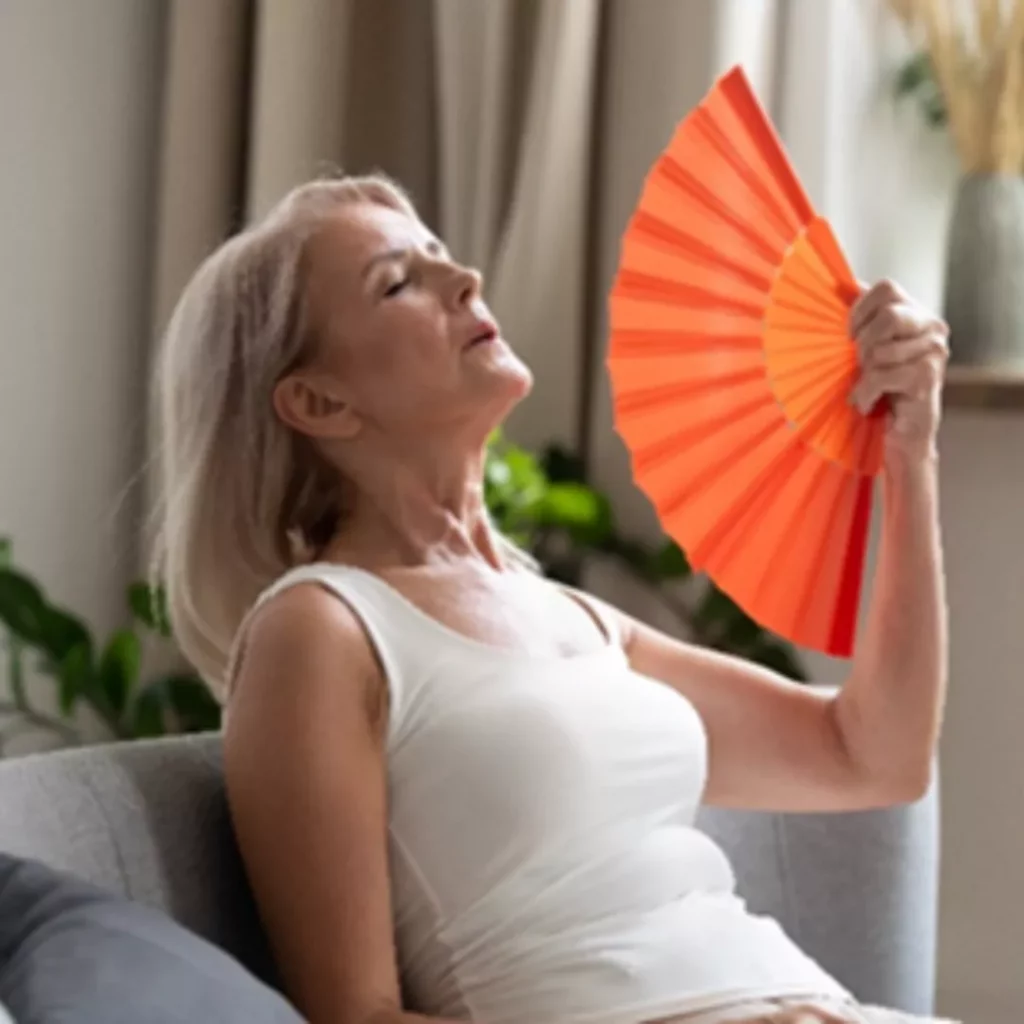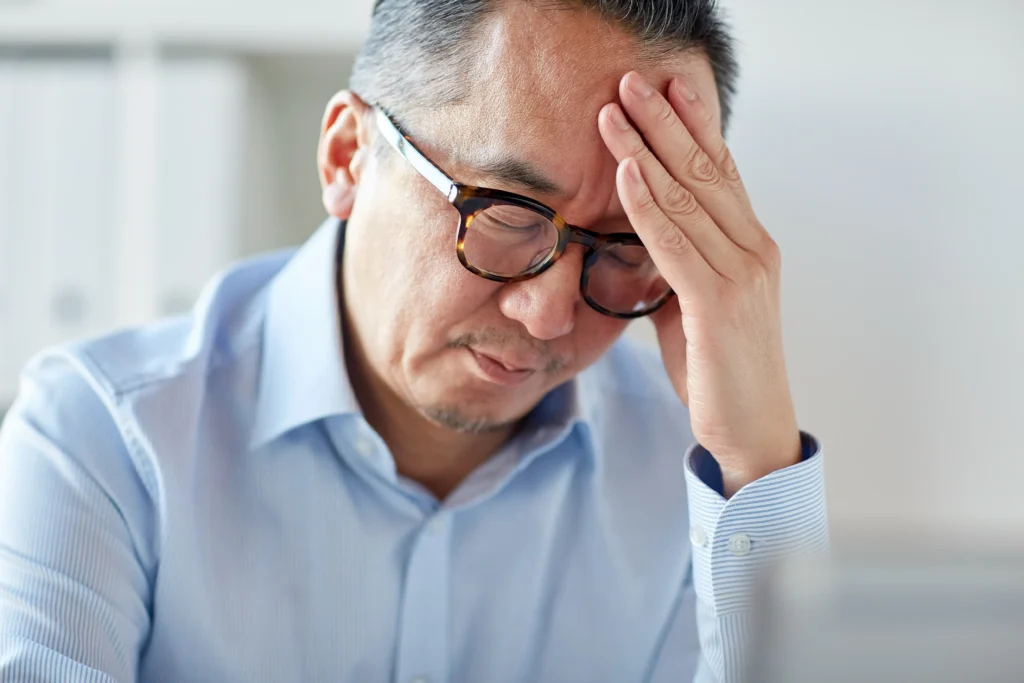Boosting Immunity With Acupuncture: A Conversation With Anodyne St. George, Utah, Functional Medicine Director, Dr. Justin Lane, DACM, LAc, Dipl. OM.

A hallmark of traditional Chinese medicine, acupuncture—which involves the insertion of needles into the skin at strategic body points—has been used to treat pain since its origins in ancient China thousands of years ago. Recent scientific research reveals that acupuncture also has the ability to strengthen the body’s immune system—an especially noteworthy and relevant finding in this pandemic era. To find out more about how acupuncture impacts and benefits the immune system, we sat down with acupuncture expert Dr. Justin Lane, who serves as Functional Medicine Director of Anodyne’s St. George, Utah clinic.
When did you first discover Chinese medicine and acupuncture?
I first discovered Chinese medicine and acupuncture when I was about 12 years old, when my mother took me to an acupuncturist for the first time to get treatment for a common cold, and later, for asthma and allergies. I grew up in a natural medicine minded family, and so we always started with natural remedies first, and then turned to conventional medicine, if needed. To this day, I remember being fascinated by my acupuncturist’s raw herb dispensary and how he customized herbal formulas for us. We used to take those herbs home, decoct (cook) them and drink them, and begin feeling better.
How is acupuncture being incorporated into integrated approaches to pain and wellness?
Acupuncture is the healing medical practice of needle therapy. During a treatment, very thin needles are inserted at specific points on the body. In Chinese Medicine these points are called neural nodes or jie. Acupuncture heals the body by stimulating these nodes, which affect both the central and peripheral nervous systems. These nervous system signals then trigger the brain to release the body’s internal chemicals such as endorphins and enkephalins—both of which have pain-relieving properties and improve immune function.
If everything is working properly, the body will naturally release these pain-relieving chemicals. They plug up the pain receptor sites in the brain, all along the spine, and on the capillary beds where you feel the pain. They stop chronic pain and allow the body to return to normal function. For those patients who suffer from chronic discomfort, this mechanism is no longer working. The neural signal from the site of pain to the brain has diminished over time and is no longer triggering the brain to release the pain-relieving enkephalins. Acupuncture will raise the signal strength and the result is a sudden and dramatic relief from pain. For this reason, we can treat an incredibly wide variety of pain problems.
How does acupuncture exactly affect our immune system?
Acupuncture regulates your immune function by improving T-Lymphocyte (adaptive immune system) activity, specifically CD8+ T cells. CD8+ T cells—often called cytotoxic T lymphocytes, or CTLs—are very important for immune defense against intracellular pathogens, including viruses and bacteria, and for tumor surveillance. When a CD8+ T cell recognizes its antigen and becomes activated, it has three major mechanisms to kill infected or malignant cells. The first is secretion of cytokines, primarily TNF-α and IFN-γ, which have anti-tumor and anti-viral microbial effects. In general, acupuncture works by:
- Increasing circulation into areas that require more immune presence;
- Directly enhancing immune system components;
- Resolving chronic states of dysfunction and thereby freeing up the immune system for other defense projects.
What makes acupuncture so effective in boosting and strengthening our immune system?
Well, acupuncture has very specific mechanisms of action to influence how the immune system responds. Acupuncturists choose certain points or regions to regulate and modulate white blood cell (immune cells) activity and to stimulate the body’s innate healing capacity. It doesn’t require “taking” anything like a medication or supplement and is considered non-invasive when you compare it to something like surgery, which can cause high amounts of inflammation and can be devastating to the immune system. Once the needles are inserted during a treatment, it is often relaxing and stress reducing (modulates our stress hormone, cortisol), which can be another inflammatory trigger to the immune system.
As an experienced acupuncturist, what benefits are you seeing from acupuncture therapy—from immune system health and beyond?
I’ve seen some remarkable results from acupuncture alone or acupuncture combined with functional/Chinese medicine. Whether it’s resolving chronic allergies or asthma, reducing stress, modulating an auto-immune response, reducing/eliminating pain, improving function/range of motion, or reducing the severity and frequency of colds/flus etc., there is a place for acupuncture in most people’s lives. After many of our patients start feeling better with what we’re doing initially—which typically includes dietary and lifestyle changes, acupuncture therapy, and health coaching—they often come in for “maintenance” treatments that are intended to continue stimulating the healing response. For an autoimmune and/or chronic pain patient, this is like a “tune up” for the body and immune system, similar to a regular chiropractic adjustment or monthly massage, which allows the body to continue the healing journey.
To learn more about Anodyne Pain & Wellness Solutions’ collaborative and holistic approach to patient health https://anodynepain.com/ today.
Related Articles
Whether you’re struggling to diagnose a chronic pain condition or you’re pursuing wellness treatments to stay healthy and feel great, we’re here to support you at every step of your health care journey.


